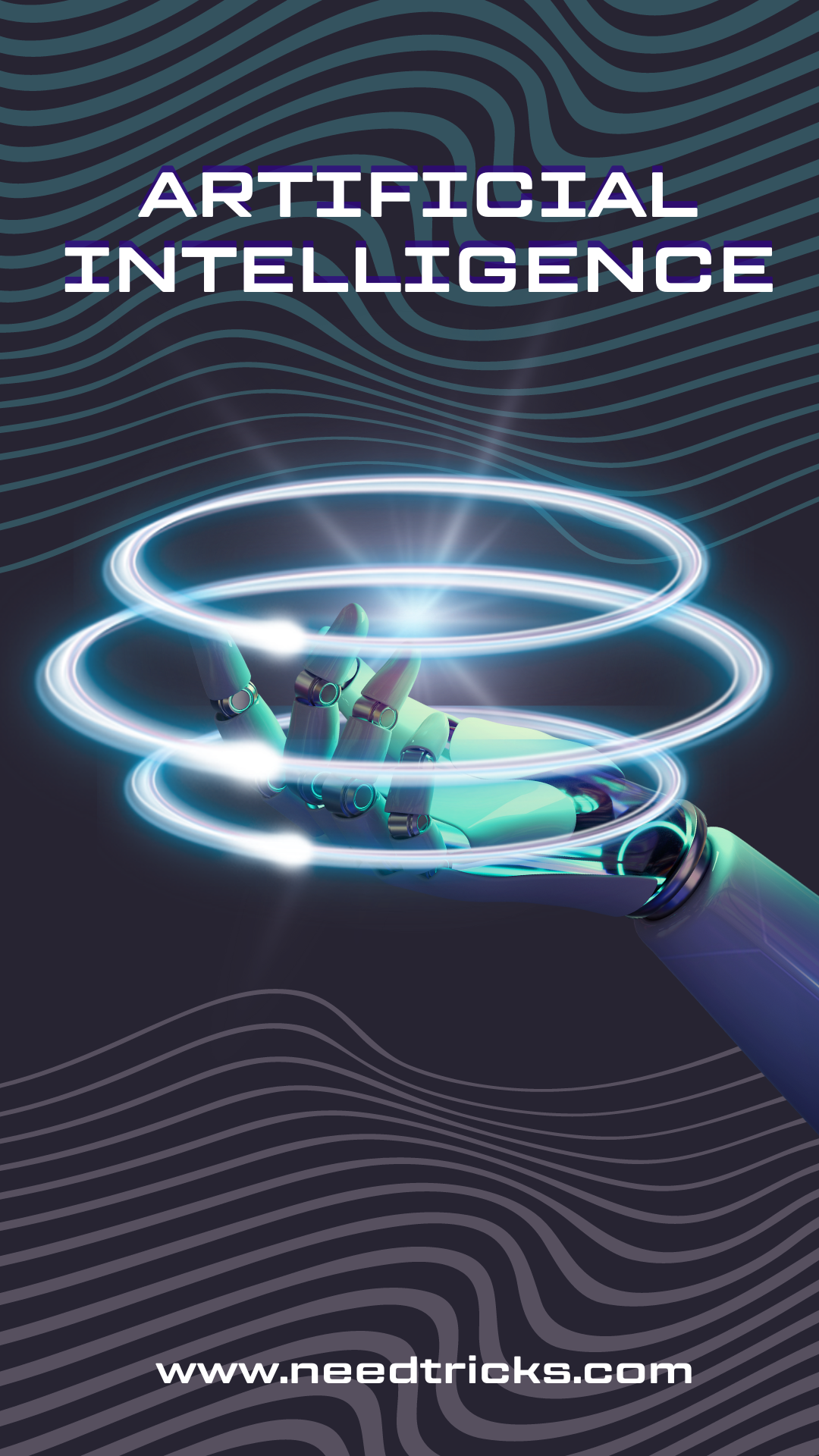In this blog we’ll will talk about the takeaways from Stanford’s 386-page report on the state of AI
In 2021, Stanford University released a comprehensive report on the state of Artificial Intelligence (AI), titled “AI Index 2021 Annual Report.” The report is a comprehensive review of the developments in AI technology, including its impact on various industries, and highlights the key trends and challenges facing the industry.
The AI Index, from the Institute for Human-Centered Artificial Intelligence, worked with experts from academia and private industry to collect information and predictions on the matter. As a yearly effort (and by the size of it, you can bet they’re already hard at work laying out the next one), this may not be the freshest take on AI, but these periodic broad surveys are important to keep one’s finger on the pulse of industry.
This year’s report includes “new analysis on foundation models, including their geopolitics and training costs, the environmental impact of AI systems, K-12 AI education, and public opinion trends in AI,” plus a look at policy in a hundred new countries.
Let us just bullet the highest-level takeaways:
- AI development has flipped over the last decade from academia-led to industry-led, by a large margin, and this shows no sign of changing.
- It’s becoming difficult to test models on traditional benchmarks and a new paradigm may be needed here.
- The energy footprint of AI training and use is becoming considerable, but we have yet to see how it may add efficiencies elsewhere.
- The number of “AI incidents and controversies” has increased by a factor of 26 since 2012, which actually seems a bit low.
- AI-related skills and job postings are increasing, but not as fast as you’d think.
- Policymakers, however, are falling over themselves trying to write a definitive AI bill, a fool’s errand if there ever was one.
- Investment has temporarily stalled, but that’s after an astronomic increase over the last decade.
- More than 70% of Chinese, Saudi, and Indian respondents felt AI had more benefits than drawbacks. Americans? 35%.
Conclusion
The AI Index 2021 Annual Report from Stanford University provides a comprehensive review of the state of Artificial Intelligence (AI). The report highlights several key takeaways, including the continued growth of AI investment, the increasing importance of ethical considerations in AI research and development, and the significant impact of AI on various industries. The report also emphasizes the crucial role of education and training in addressing the shortage of AI professionals and the need for continued advancements in AI capabilities. Overall, the report provides valuable insights into the current state of AI and the trends and challenges facing the industry in the years to come.











